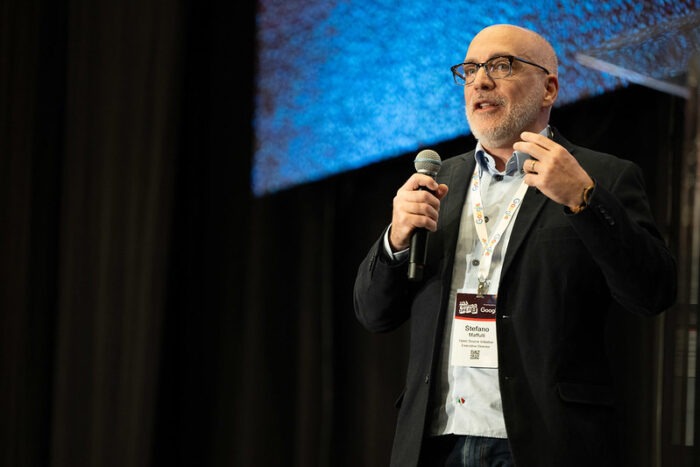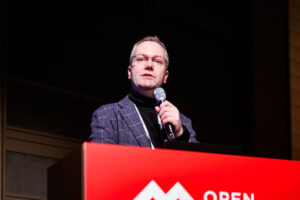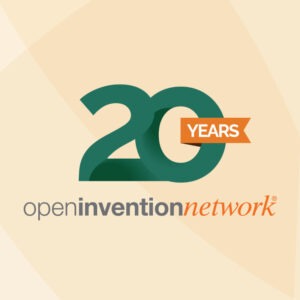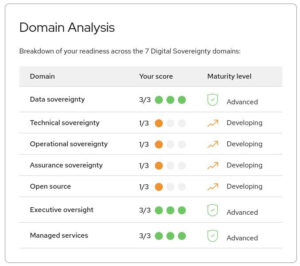Inquiring minds want to know if a potential candidate’s opposition to OSI’s Open Source AI Definition is the reason it pulled a previously unknown time zone rule out of a magic hat to deny his nomination.

Open Source Initiative’s upcoming board election has already run smack dab into controversy even though voting isn’t slated to begin until March 7. This won’t be the first time in recent memory that the organization has had problems pulling off an election without a gaff. Two years ago the organization’s executive director Stefano Maffulli, hit “send” in a get-out-the-vote email that urged members to vote before the polls closed on Monday March 21, when in fact, polls were scheduled to close on Sunday March 20.
In that case, OSI quickly responded to FOSS Force’s coverage and extended voting through Monday, the day mentioned in Maffulli’s email. Previous to that, in 2021 the organization was forced to redo a board election after an exploitation of a security hole was discovered.
In the current case, a brouhaha has erupted after San Francisco-based Debian developer Luke Faraone attempted to nominate themself about three hours ahead of what they thought was the deadline for one of the two individual board seats that are up for grabs. That nomination was declined because, according to an email from “OSI Election Teams,” it was submitted after the official deadline of Monday Feb 17 at 11:59 pm UTC.”
The trouble is, the UTC time zone isn’t mentioned in any literature for the nominating process although it is specified — as GMT — for the hours that votes will be accepted once the polls are open in March.
“The OSI’s contact address is in California, so it seems arbitrary and capricious to retroactively define all of these processes as being governed by UTC,” Faraone said in a blog posted on Thursday.
Several people have told me that they suspect there’s more to this incident than overzealous enforcement of an unintuitive and unstated rule.
Just an Oops, or Something More?
OSI, if you don’t know, is the organization that’s pretty much been responsible for deciding what does and doesn’t constitute open source software since its founders came up with the term “open source” about 27 years ago. These days, with artificial intelligence threatening to “eat the world” in much the same way that software started to do back in the late ’90s, OSI sees itself as the logical organization for bringing open source ideology to AI. To help establish itself in this area, during October’s All Things Open conference, OSI unveiled “version one” of its Open Source AI Definition — code named OSAID — which it intends to be the AI version of the Open Source Definition that OSI co-founder Bruce Perens wrote back in the day.
Unfortunately, hardly anyone outside of OSI likes this definition, with most naysayers — including Perens — saying that the license isn’t open source at all.
Faraone, who is one of the naysayers, said in the blog post that opposition to OSAID is what prodded them to seek a seat on OSI’s board:
“I initially expressed interest in being nominated as an affiliate candidate via Debian. But since Bradley Kuhn is also running for an affiliate seat with a similar platform to me, especially with regards to the OSAID, I decided to run as part of an aligned ‘ticket’ as an individual member to avoid contention for the one affiliate seat.”
While Faraone seems to go out of his way to not point any fingers here, Sam Johnson, founder of Open Source Alliance which has published its own competing Open Weight Definition, said that he believes that OSI’s move was made specifically to try to silence voices critical of OSAID.
“Faraone submitted a ticket aligned with Bradley M. Kuhn’s in opposition to the controversial Open Source AI Definition, which waters down the meaning of open source in the context of AI,” he said in an email interview with FOSS Force. “I believe this is why the OSI invented a reason to reject his nomination, and would have rejected my own had I been eligible to run. In any case, the member vote is advisory and may ultimately be ignored by the board, but members should still insist on having all options available to them.”
An Easy Solution
Even if OSI had clearly stated that the nomination deadline was tied to UTC, the fact that it’s used at all is not ideal since the time zone runs through the UK, making it highly inconvenient for people in the Americas and in Asia. It’s also highly unintuitive, as OSI is officially registered as a nonprofit in California… not in the UK.
“The default for a California-based organization is Pacific Time, and midnight in the absence of a specific time of day,” Johnson said. “The Open Source Alliance used ‘Anywhere on Earth’ time to be globally inclusive, but Governance 101 demands that whatever deadline is chosen must be clearly communicated. Both publicly posted and emailed notices referred only to February 17, so Faraone’s nomination was timely and must be accepted by the board for the election to be valid.”
That makes perfect sense to me. It also made sense to an OSI member from across the pond who exchanged a couple of emails with me under the understanding that our talk would be off the books:
“I’d expect that failing to express a time zone was an error — we all make mistakes! But having failed to express in writing which time zone applies, I’d also have expected the OSI to accept an application made by 11.59 pm in any time zone. Certainly it’s reasonable to expect a California company to be using PST.”
Christine Hall has been a journalist since 1971. In 2001, she began writing a weekly consumer computer column and started covering Linux and FOSS in 2002 after making the switch to GNU/Linux. Follow her on Twitter: @BrideOfLinux






